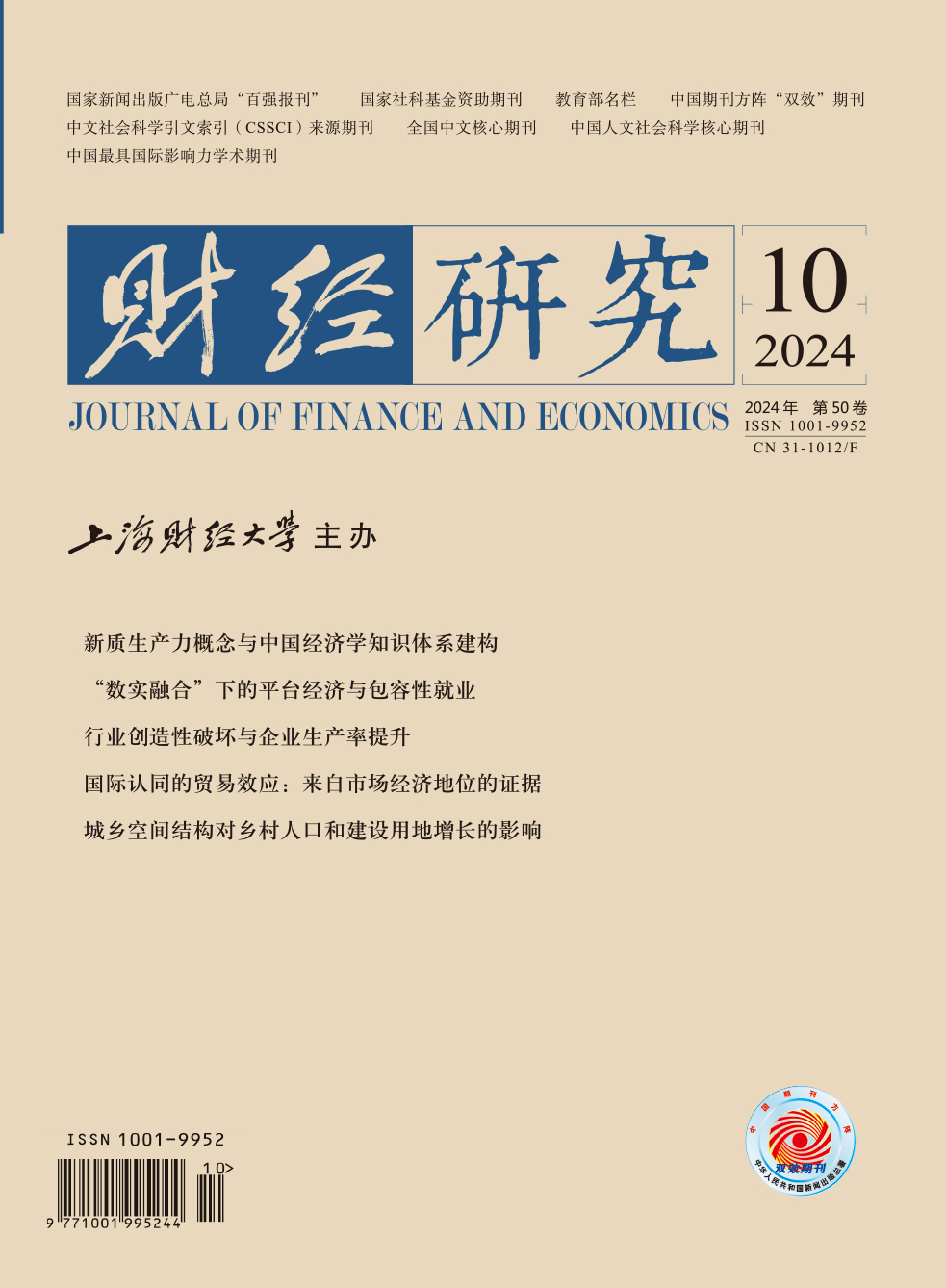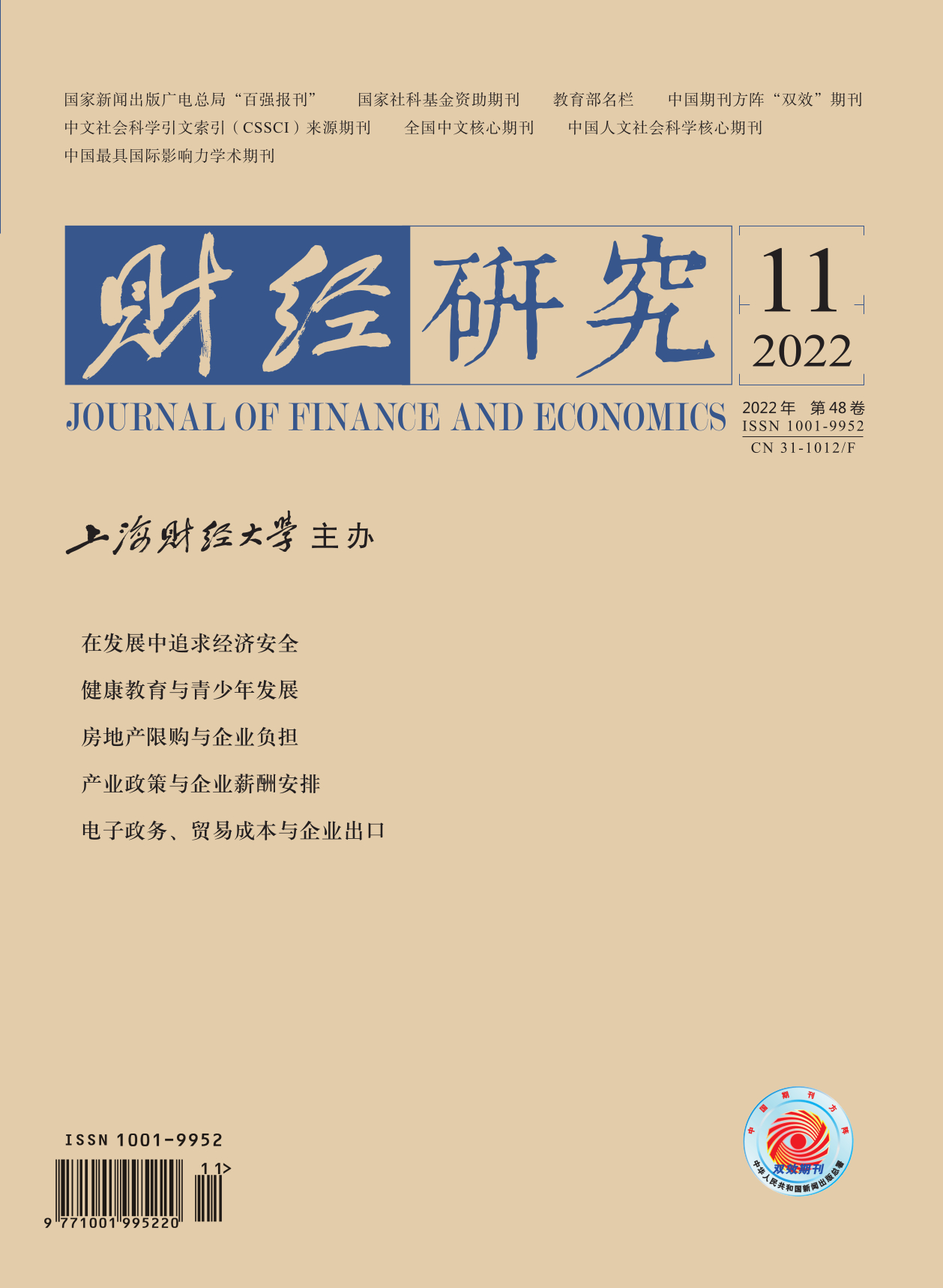In recent years, “stabilizing foreign trade” has become a significant task for China’s economic development. In the era of digital economy, channels tightly combined with digital technology, such as cross-border E-commerce and Canton Fair online, have been incorporated into decision-makers’ tool library. Moreover, China has actively promoted the digital process in the field of government governance, so as to conduct the E-government construction. E-government can change the government-governing mode, improve the efficiency of government administration, and make information sharing easier, which may optimize the business environment in the export sector, and assist in the achievement of “stabilizing foreign trade”. Therefore, in this paper, the performance scores of municipal government websites from 2005 to 2013 issued in the
The conclusions are as follows: Firstly, through the micro firm data, it is found that E-government construction can significantly improve firm exports and export probability. Secondly, E-government can not only directly reduce the costs of customs clearance and information matching, but also indirectly reduce information costs by improving the level of firm informatization, and finally improve the export performance of firms. Among them, the online service business has a stronger cost-saving effect on firm exports, while the information disclosure business has a limited impact on export costs. In addition, under the E-government mode, firms are mainly affected by the “benefit incentive” effect, directly reducing information costs by improving their informatization level. This paper believes that the development of E-government is helpful to reduce trade costs and improve the export performance of firms.
The marginal contribution of this paper may lie in that: Firstly, from the perspective of E-government, this paper empirically studies its impact on firm exports. The existing literature mainly focuses on the impact of the Internet and information platform, such as firm informatization density, Internet popularization, E-commerce platform, and so on, and the current research on digital government and exports is carried out at the bilateral national level. Secondly, this paper tests the mechanism of E-government affecting firm exports, and proves that E-government can directly reduce the costs of customs clearance and information matching, and indirectly reduce trade costs by improving the level of firm informatization, so as to promote firm exports through the above channels. Thirdly, through the heterogeneity test, this paper finds that the impact of E-government on firm exports is different at the city level and the firm level, which provides a reference for the construction of urban E-government.





 3118
3118  2662
2662

